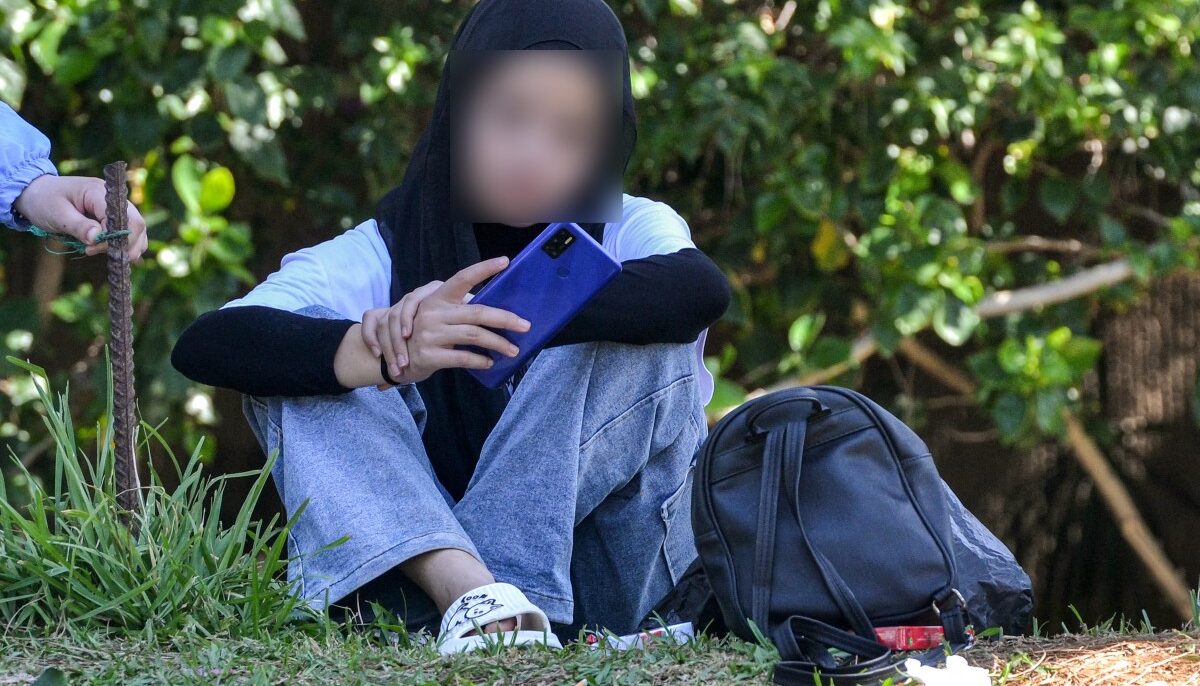Amid the ongoing Israeli aggression on Lebanon, Israel is exploiting civilian means of communication to intimidate people.
This began when Israel started conducting raids targeting large areas of Lebanon earlier this week, which came after the bloody “pagers” massacre on September 18.
SMEX calls on Lebanese Minister of Telecommunications Johnny Corm and Prime Minister Najib Mikati to provide access to telecommunications for people in affected areas and shelters.
Access to telecommunications is crucial as the aggression resumes so people can communicate, check up on loved ones, and coordinate efforts to secure decent living conditions for people taking shelter in schools, housing units, and the streets.
SMEX calls on the Lebanese government to take the measures that will enable people to communicate, which include:
- Urgently extending the validity period of monthly lines for free.
- Providing users with free internet packages.
- Providing internet access in displacement shelters, such as schools, through Ogero or other service providers.
- Providing the basic living necessities, such as electricity, water, and food.
Today, SMEX observed various tactics used by the Israeli occupation’s army to spread panic and promote its messages across social media platforms and other channels.
Text messages
Residents in Lebanon continue to receive text messages, some from unknown sources and others containing suspicious threats. Lebanese officials have confirmed that these are Israeli messages, exploiting servers in friendly countries to Lebanon to target users’ phones. Officials have also assured the public that they are working to enhance the firewall to prevent further incidents.
Sponsored Ads
People on Meta’s platforms in Lebanon are coming across sponsored ads that do not hide the identity of their publishers, whether from a spokesman for the occupation army or the Israeli Mossad. In one of these sponsored posts, an Israeli army spokesman calls for a visit to a specific location to allegedly “ensure protection,” attaching his invitations to links to groups on WhatsApp. The Tech Unit at SMEX recommends not visiting these links, scanning any code, or entering any group chats, whatever their purpose is.
Messages on Messaging Apps
Today, we received reports of WhatsApp messages from foreign or American numbers being sent to users’ phones, containing warnings or instructing them to evacuate specific residential buildings.
These messages may reach specific people for several reasons, including an attempt to intercept communications, or determining the location of individuals within a specific geographic range. Recipients of these messages are advised to assess the situation and act accordingly to maintain their safety.
Cover photo from AFP



